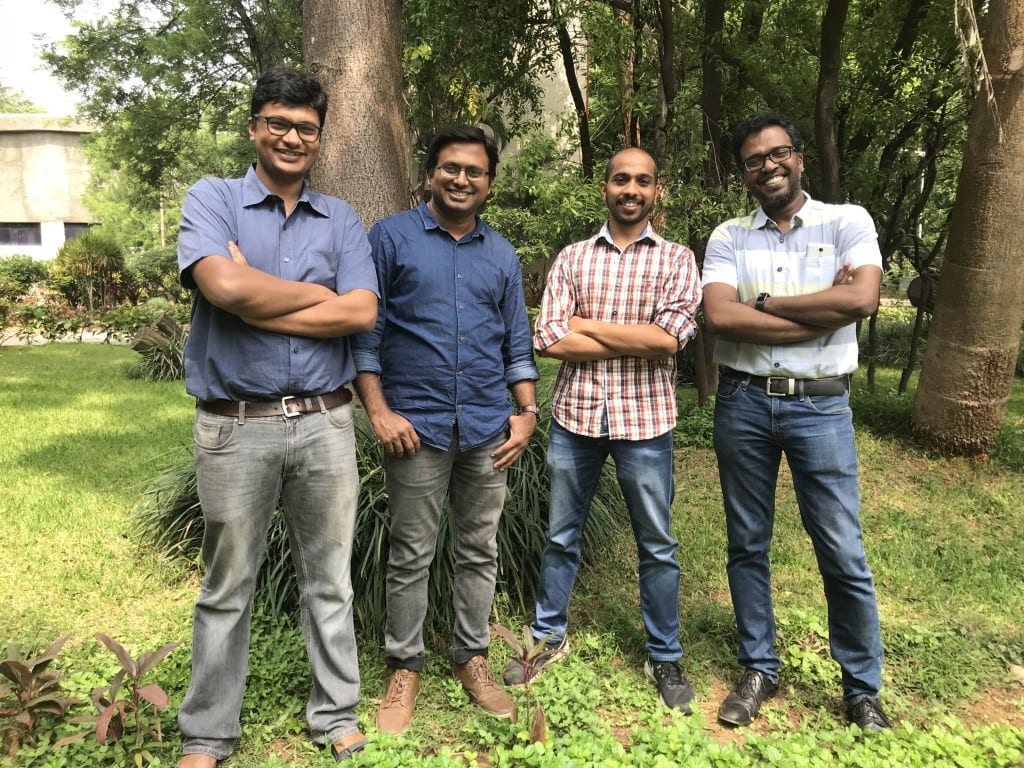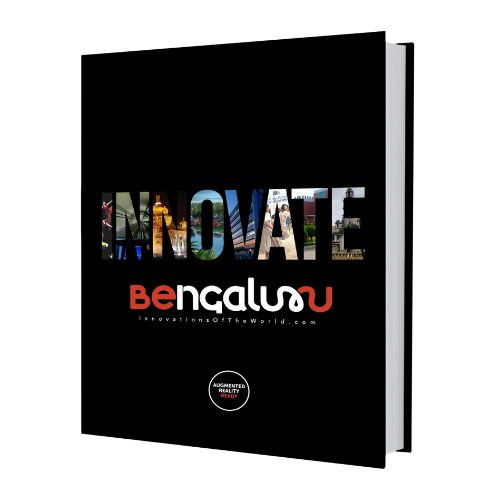Applying haptics, design and virtual reality, Bengaluru-based Mimyk offers immersive medical simulation technologies that allow doctors to practice complicated invasive procedures before treating a patient. Its first product is an endoscopy simulator, the first such medical training simulator in India.

“We want to help make the most impact, with minimal cost. Endoscopy is a very common procedure and we need well-trained doctors to meet this demand. This is where we can help.”– Mimyk’s founders
Mimyk is incubated at the Society for Innovation and Development (SID) in the Indian Institute of Science in Bengaluru, and its technology is developed through a collaborative research and development activity at the M2D2 Lab and the Visualization and Graphics Lab, both in located in the same premier science institute. The timing of these technologies is right as the demand for doctors is India is estimated to increase by over 2 million by 2030. (Indian Journal of Public Health).
Mimyk’s strength lies in the engineering expertise of its co-founders – Shanthanu Chakravarthy, Balaji Gopal, Nithin Shivashankar and Raghu Menon. The idea was born out of a discussion between professors at IISc and doctors from Asian Institute of Gastroenterology, Hyderabad, after which Chakravarthy started working on the core technology as a part of his PhD. Mimyk was incorporated in 2017, with the founders bringing their strengths in design and visualisation.
EndoMimyk, has been successfully tested at the Asian Institute of Gastroenterology, Hyderabad, one of the largest referral centers in Asia for Therapeutic Endoscopy. The futuristic product combines haptics, virtual reality and simulation to help train doctors better and faster.
Doctors mostly train on plastic human dummies, animals, or while treating real patients, and it might take a new doctor a year and a half of observation before participating in a procedure. Says Menon in an interview with Subhalakshmi Roy, “We are trying to speed up the process. By practicing on the simulator, doctors will improve hand-eye coordination and the other necessary skills which will get them ready for the actual procedure.”
Haptics, design and virtual reality are the three essential components of Mimyk. Haptics, meaning ‘the sense of touch’, act as the interface between the human and the machine. Immersive virtual reality involves algorithms and software which create the virtual organs, and the design ensures that the end product stays true to real-world situations.
With such a combination, the simulator is essentially a ‘virtual patient’ for the doctors to train on. It has an orifice and an endoscope to perform the procedure. “The entire procedure can be performed on this virtual patient. This is not just a picture on the screen. The doctor can insert an instrument into the device and receive similar visuals and feel the same forces as when they do the procedure in real life. It is a completely immersive graphic haptic system,” Menon explains.
Although the product focuses on endoscopy now, the potential for this technology is immense. “We are already capable of simulating a bronchoscopy, along with the endoscopy of both upper and lower gastrointestinal tracts. We are building prototypes to simulate angioplasties and also for cannulation – training in injections and inserting IVs. We plan to work on neurological procedures and laparoscopy as well”, says Chakravarthy.
The long term goal is to enter into the areas of planning and rehearsal, and computer-assisted surgery. The simulator could be customised on the basis on each patient enabling the doctors to rehearse the procedure before actually performing it, which reduces the margin of error. “Patient-specific data can be entered to the simulator and it can create hundreds of situations. Male, female, pediatric, geriatric, patients with specific health issues – all patients can be simulated. This will help the doctors plan the procedure and prepare for any eventuality,” says Menon.
The team plans to market their simulator through medical colleges across India, and aim to go live in 2019. Along with their expertise and a disruptive product, they also bring economies to the table; the EndoMimyk simulator costs a fraction of an endoscopy machine.
















